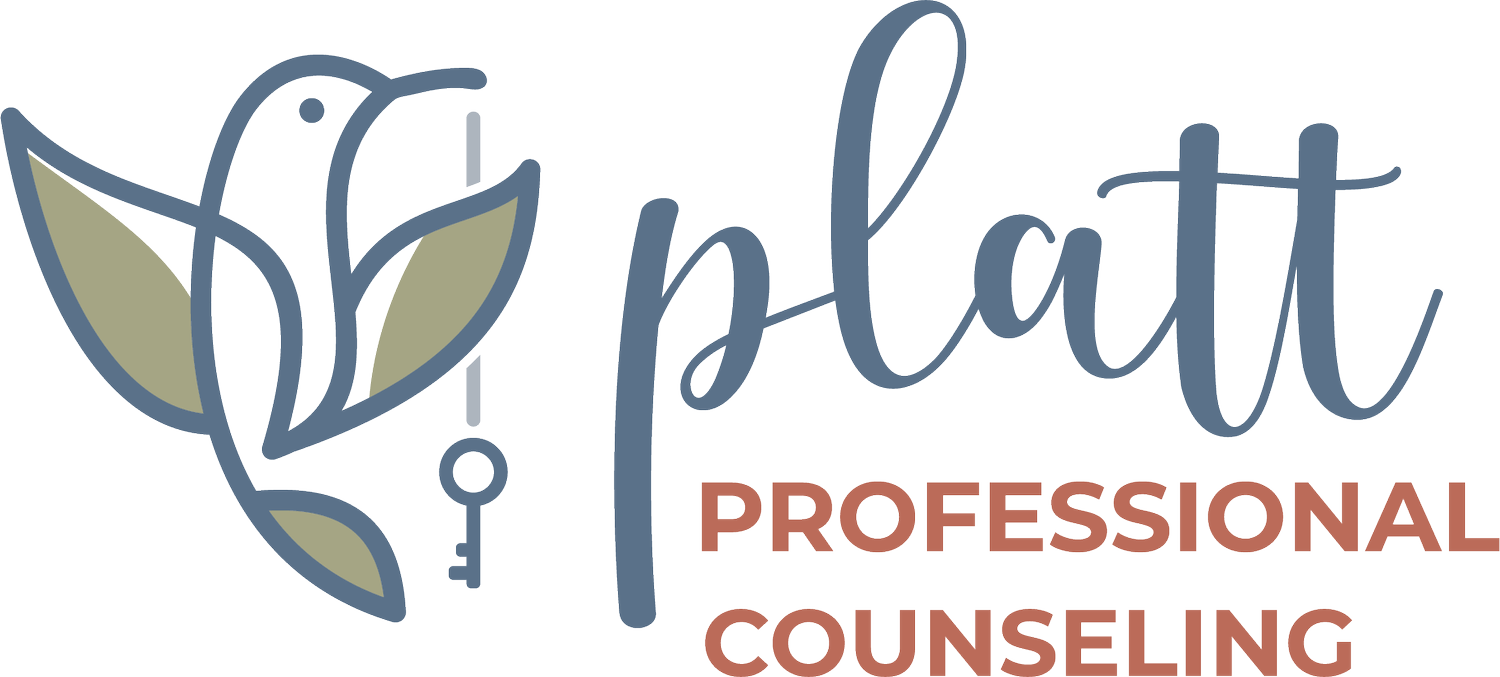Is Therapy Right for Me?
There are questions we ask ourselves quietly, sometimes in the shower or in the car, when no one else is around. One of the hardest? "Is therapy right for me?"
Not because the answer is simple. But because just asking it makes us feel vulnerable.
And yet, there’s something brave about even wondering. So let’s walk through this question together, like we would with a friend over coffee. No shame. No pressure. Just curiosity, clarity, and compassion.
Something’s Off, and It’s Not Going Away
Sometimes life gives us little nudges that something isn’t right. Then other times, it’s more like a wave we’re trying to swim through.
If you find yourself lying awake with the same worries playing over and over... if you're feeling the need to hide parts of your life from people you love... if the weight you're carrying is changing how you live your day-to-day life, it might be time to talk to someone.
Researchers say that therapy can be especially helpful when:
You’re thinking about a problem more than an hour a day
You’re making big life changes to avoid or manage certain feelings
You’re feeling shame or embarrassment about what you’re going through
Your relationships or work are being affected
This isn’t about diagnosing yourself. It’s about recognizing that you deserve support when life feels hard—not just when it falls apart.
You’re Doing Okay… But You Want More
Here’s something we don’t say enough: therapy isn’t only for people in crisis.
You might be managing just fine, but you want to grow, stretch, and live more intentionally. Maybe you want better communication in your marriage. Maybe you’re ready to heal some old wounds. Or maybe you’re just tired of carrying everything by yourself.
Even if you're generally happy, therapy can be a powerful space for:
Building confidence and boundaries
Learning how to better cope with stress
Improving how you connect with others
Navigating big life transitions with support
Think of therapy as a tool for self-discovery, not a last resort. It’s a safe place to say the hard things out loud and explore how to live more fully.
Life Is Changing and You're Feeling It
Grief, new jobs, breakups, becoming a parent, losing a parent, moving cities, aging—even good changes can feel disorienting. If you're facing a transition and it feels overwhelming, therapy can help you process what's happening and find a new sense of footing.
Therapists are trained to support people through the in-between spaces of life. If you’re stuck in old patterns or feel unsure about the next step, talking with someone can make the path ahead feel clearer—or at least, less lonely.
But Does Therapy Actually Work?
Yes. And we have the research to back it up.
Studies show that about 75% of people who go to therapy report feeling better afterward. That’s a huge majority. The kind of therapy that works best will depend on your unique needs, but one of the most effective approaches for many concerns is Cognitive Behavioral Therapy (CBT). It’s practical, goal-oriented, and evidence-based.
But let’s be honest: therapy isn’t magic. It’s not a quick fix. It’s a relationship. A process. A commitment to showing up for yourself in small, steady ways. Sometimes it brings relief. Sometimes it stirs up big feelings before it brings clarity. But over time, it builds emotional muscles that help you face life with more courage and compassion.
Getting Started: What You Can Do Right Now
If you’re feeling a tug toward therapy but don’t know where to start, you’re not alone. Here are a few gentle steps to begin.
1. Get Clear on What You Want
Take some quiet time to ask yourself:
What’s feeling hard right now?
Where do I feel stuck?
What do I hope could be different?
You don’t need to have all the answers. Just the willingness to start the conversation. If it helps, jot your thoughts down in a notebook or voice memo.
2. Find the Right Fit
Therapy is a deeply personal experience. The connection between you and your therapist matters more than almost anything else.
You might want to look for someone who:
Specializes in your concerns (e.g., anxiety, relationships, trauma)
Uses an approach that resonates with you (e.g., CBT, EMDR, Somatic Therapy)
Feels warm, safe, and respectful in the first session
You get to ask questions. You get to trust your gut. This is your space.
3. Prepare for Your First Session
First sessions can feel awkward. That’s okay. It’s new. And new things usually are.
You can:
Wear what makes you feel comfortable
Ask about logistics like billing or scheduling
Bring notes or questions with you
Most importantly? Bring yourself. You don’t have to be polished or prepared. Just honest.
When in Doubt, You Can Still Ask for Help
Let’s say it together: Wondering if therapy might help is already a sign you’re ready to explore it.
You don’t have to wait until you’re at a breaking point. You don’t have to minimize your pain just because someone else "has it worse." You’re allowed to seek support simply because you want to feel better.
Therapy doesn’t mean something is wrong with you. It means you’re choosing to pay attention to your life. That’s courage.
How To Get Started At PPC
At Platt Professional Counseling, we believe that healing happens in connection. Our team is here to walk with you—whether you're hurting, hopeful, or somewhere in between.
If you're thinking about therapy, we'd be honored to help you explore what that might look like. You're not broken. You're human. And you're allowed to ask for support.
Let this be the beginning of something good.

